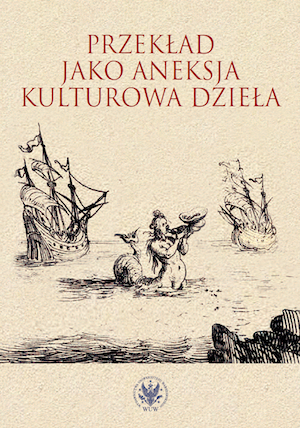Chcąc oswoić polskość, czyli o przekładach "Wesela" Stanisława Wyspiańskiego na język niemiecki
To Domesticate Polishness, or on Translating Stanisław Wyspiański’s "Wedding" into German
Author(s): Jakub Masztakowski
Subject(s): Cultural history, Studies of Literature, Polish Literature, Theory of Literature
Published by: Wydawnictwa Uniwersytetu Warszawskiego
Keywords: Bereska; Dedecius; domestication; cultureme; untranslatability; Die Hochzeit
Summary/Abstract: In this article, I have tried to outline the difficulties that could be faced while translating Wyspiański’s "Wesele" ("The Wedding"). By analyzing two German translations of this drama – by Henryk Bereska and Karl Dedecius, I have presented the possible reasons for its untranslatability. Having outlined a short history of the earlier “approaches” to the German translation of "Wesele" and starting from the concept of cultureme and the theory of L. Venuti’s domestication and foreignization, I tried to show why it is not possible to fully domesticate the whole drama, assimilating it into the German realities. The real measure of the play’s untranslatability is the number of culturemes it contains. They are the elements of the text, which significantly hinder the “annexation” of Wyspiański’s play. As an example of such a problematic cultureme, I discussed the romantic background, which was clearly visible in the 15 Scene of Act 2 (the conversation between "Upiór" and "Dziad"). Due to the lack of German romantic dramas, which would be as important for German culture as, for example, the dramas of Mickiewicz are important for the Polish reality, and which could serve as a reference point for a German reader or viewer, this romantic background becomes untranslatable. Another example of cultureme in that it is set against Polish historical background. On the other hand, the 8 Scene of the Act 1 shows how difficult it is to translate the clash of various linguistic registers, which Wyspiański very often changes in this play and which are the key to the interpretation and understanding the problems in communication between the peasantry and representatives of the intelligentsia.
Book: Przekład jako aneksja kulturowa dzieła
- Page Range: 232-254
- Page Count: 23
- Publication Year: 2021
- Language: Polish
- Content File-PDF

